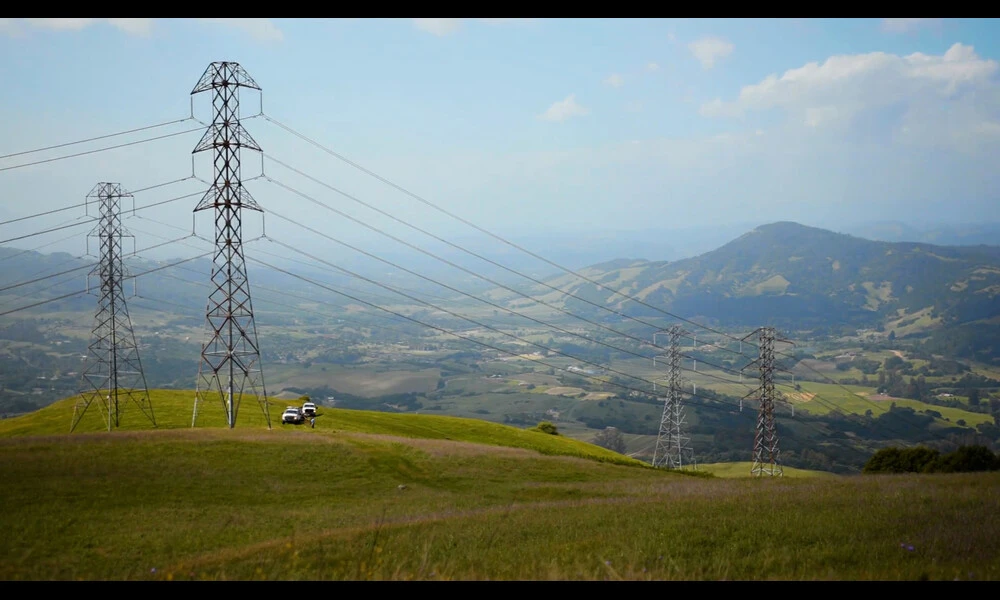Fact-Checking Fake News With ChatGPT-FC
Published on Wed Jan 24 2024 Die Wahrheitssuche: Fake News unter der Lupe | Kostenlose Bilder mit KI on Flickr
Die Wahrheitssuche: Fake News unter der Lupe | Kostenlose Bilder mit KI on FlickrThe scourge of fake news has mushroomed out of control in the age of social media, making the task of distinguishing fact from fiction increasingly challenging. A revolutionary study just added a new weapon in the battle against misinformation: enter ChatGPT-FC, a dataset that enhances the typical approach to detecting fake news by utilizing the sophisticated capabilities of large language models like ChatGPT. In an eye-opening paper titled "A Revisit of Fake News Dataset with Augmented Fact-checking by ChatGPT," researchers lay out a bold venture that integrates ChatGPT's fact-checking prowess with traditional human verification efforts. The potential impact? A significant reduction in the inherent biases that human fact-checkers can unwittingly introduce, making the task of flagging dubious news content far more equitable and accurate.
This compelling research dives deep into the complex world of fake news detection, an arena that has long depended on the critical, yet subjective, eye of human journalists. As earnest as these efforts have been, they're not impervious to personal bias, impacting the fairness of news reporting. The study artfully demonstrates how ChatGPT considerably differs in its assessment, showing an inclination toward objectivity by paying close attention to factual evidence, a stark contrast to the more subjective human approach.
By creating ChatGPT-FC, the researchers harnessed approximately 22,000 news statements from the fact-checking website PolitiFact and subjected them to the scrutiny of both human journalists and ChatGPT. What emerged was revealing: ChatGPT was generally more lenient in its judgments, frequently granting higher credibility to news items than human fact-checkers. However, the language model was not as influenced by political framing biases and offered more objective insights based on the verifiable evidence.
One might wonder, can a robot truly be better than a journalist at separating the wheat from the chaff when it comes to fake news? The preprint suggests it's possible, especially when considering how human biases play into the mix. Language models like ChatGPT show promise in leveling the field by providing a check that is based more solidly on data rather than opinion or political leanings. This doesn't mean ChatGPT is flawless. Researchers note that the AI struggled more with judging statements outside its training data's timeframe, potentially offering lenient judgments toward statements about more recent events it hadn't been trained on.
Despite some limitations, the study's conclusion is as exciting as it is provocative. As we drown in an ocean of information, big and small, true and dubious, ChartGPT-FC could potentially offer a lifeline, not as a solitary solution, but as a collaborative tool alongside human judgment. It's a significant stride toward the ultimate goal of creating an informed society, diligently seeped in truth rather than deception. This research demonstrates that the collaboration of human intelligence with artificial intelligence might herald a new dawn in the global fight against fake news.



